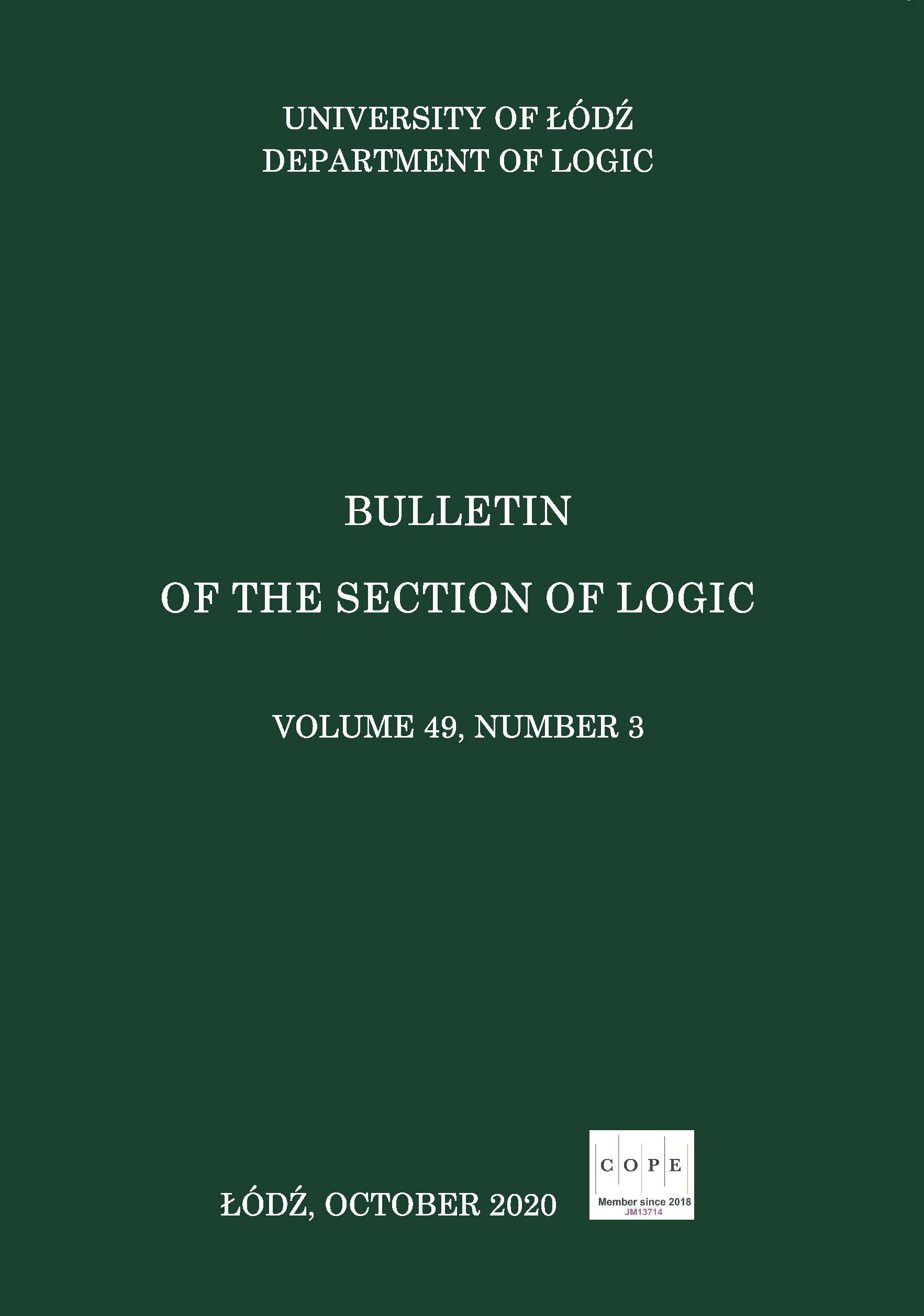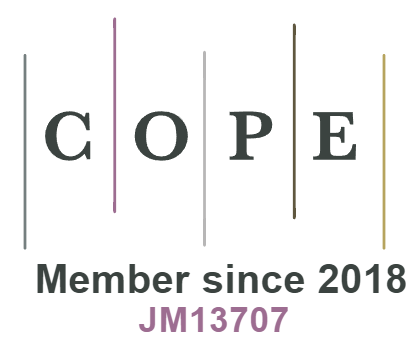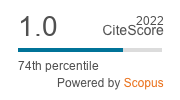Proof Compression and NP Versus PSPACE II
DOI:
https://doi.org/10.18778/0138-0680.2020.16Keywords:
natural deduction, sequent calculus, minimal logic, computational complexityAbstract
We upgrade [3] to a complete proof of the conjecture NP = PSPACE that is known as one of the fundamental open problems in the mathematical theory of computational complexity; this proof is based on [2]. Since minimal propositional logic is known to be PSPACE complete, while PSPACE to include NP, it suffices to show that every valid purely implicational formula ρ has a proof whose weight (= total number of symbols) and time complexity of the provability involved are both polynomial in the weight of ρ. As is [3], we use proof theoretic approach. Recall that in [3] we considered any valid ρ in question that had (by the definition of validity) a “short” tree-like proof π in the Hudelmaier-style cutfree sequent calculus for minimal logic. The “shortness” means that the height of π and the total weight of different formulas occurring in it are both polynomial in the weight of ρ. However, the size (= total number of nodes), and hence also the weight, of π could be exponential in that of ρ. To overcome this trouble we embedded π into Prawitz’s proof system of natural deductions containing single formulas, instead of sequents. As in π, the height and the total weight of different formulas of the resulting tree-like natural deduction ∂1 were polynomial, although the size of ∂1 still could be exponential, in the weight of ρ. In our next, crucial move, ∂1 was deterministically compressed into a “small”, although multipremise, dag-like deduction ∂ whose horizontal levels contained only mutually different formulas, which made the whole weight polynomial in that of ρ. However, ∂ required a more complicated verification of the underlying provability of ρ. In this paper we present a nondeterministic compression of ∂ into a desired standard dag-like deduction ∂0 that deterministically proves ρ in time and space polynomial in the weight of ρ.2 Together with [3] this completes the proof of NP = PSPACE.
Natural deductions are essential for our proof. Tree-to-dag horizontal compression of π merging equal sequents, instead of formulas, is (possible but) not sufficient, since the total number of different sequents in π might be exponential in the weight of ρ – even assuming that all formulas occurring in sequents are subformulas of ρ. On the other hand, we need Hudelmaier’s cutfree sequent calculus in order to control both the height and total weight of different formulas of the initial tree-like proof π, since standard Prawitz’s normalization although providing natural deductions with the subformula property does not preserve polynomial heights. It is not clear yet if we can omit references to π even in the proof of the weaker result NP = coNP.
References
[1] S. Arora, B. Barak, Computational Complexity: A Modern Approach, 1st ed., Cambridge University Press, USA (2009).
Google Scholar
DOI: https://doi.org/10.1017/CBO9780511804090
[2] L. Gordeev, Proof compression and NP versus PSPACE. Part 2, CoRR, vol. abs/1907.03858 (2019), URL: http://arxiv.org/abs/1907.03858
Google Scholar
[3] L. Gordeev, E. H. Haeusler, Proof Compression and NP Versus PSPACE, Studia Logica, vol. 107(1) (2019), pp. 53–83, DOI: http://dx.doi.org/10.1007/s11225-017-9773-5
Google Scholar
DOI: https://doi.org/10.1007/s11225-017-9773-5
[4] J. Holm, E. Rotenberg, M. Thorup, Planar Reachability in Linear Space and Constant Time, CoRR, vol. abs/1411.5867 (2014), URL: http://arxiv.org/abs/1411.5867
Google Scholar
[5] J. Hudelmaier, An O(n log n)-Space Decision Procedure for Intuitionistic Propositional Logic, Journal of Logic and Computation, vol. 3(1) (1993), pp. 63–75, DOI: http://dx.doi.org/10.1093/logcom/3.1.63
Google Scholar
DOI: https://doi.org/10.1093/logcom/3.1.63
[6] H. Ishihara, H. Schwichtenberg, Embedding classical in minimal implicational logic, Mathematical Logic Quarterly, vol. 62(1–2) (2016), pp. 94–101, DOI: http://dx.doi.org/10.1002/malq.201400099
Google Scholar
DOI: https://doi.org/10.1002/malq.201400099
[7] I. Johansson, Der Minimalkalkül, ein reduzierter intuitionistischer Formalismus, Compositio Mathematica, vol. 4 (1937), pp. 119–136, URL: http://www.numdam.org/item/CM_1937__4__119_0
Google Scholar
[8] C. H. Papadimitriou, Computational complexity, Addison-Wesley (1994).
Google Scholar
[9] D. Prawitz, Natural Deduction: A Proof-theoretical Study, Almqvist & Wiksell (1965).
Google Scholar
[10] D. Prawitz, P.-E. Malmnäs, A Survey of Some Connections Between Classical, Intuitionistic and Minimal Logic, [in:] H. A. Schmidt, K. Schütte, H.-J. Thiele (eds.), Contributions to Mathematical Logic, vol. 50 of Studies in Logic and the Foundations of Mathematics, Elsevier (1968), pp. 215–229, DOI: http://dx.doi.org/10.1016/S0049-237X(08)70527-5
Google Scholar
DOI: https://doi.org/10.1016/S0049-237X(08)70527-5
[11] R. Statman, Intuitionistic Propositional Logic is Polynomial-Space Complete, Theoretical Computer Science, vol. 9 (1979), pp. 67–72, DOI: http://dx.doi.org/10.1016/0304-3975(79)90006-9
Google Scholar
DOI: https://doi.org/10.1016/0304-3975(79)90006-9
[12] V. Svejdar, On the polynomial-space completeness of intuitionistic propositional logic, Archive for Mathematical Logic, vol. 42(7) (2003), pp. 711–716, DOI: http://dx.doi.org/10.1007/s00153-003-0179-x
Google Scholar
DOI: https://doi.org/10.1007/s00153-003-0179-x
M. Thorup, Compact oracles for reachability and approximate distances in planar digraphs, Journal of the ACM, vol. 51(6) (2004), pp. 993–1024, DOI: http://dx.doi.org/10.1145/1039488.1039493
Google Scholar
DOI: https://doi.org/10.1145/1039488.1039493
Downloads
Published
How to Cite
Issue
Section
License
Copyright (c) 2020 Bulletin of the Section of Logic

This work is licensed under a Creative Commons Attribution-NonCommercial-NoDerivatives 4.0 International License.















